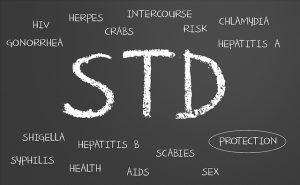 According to a new research, drugs that are employed to prevent organ rejection may be helpful in fighting against HIV. The findings have been published in the “American Journal of Transplantation” and suggest a major breakthrough in the field of medical sciences.
According to a new research, drugs that are employed to prevent organ rejection may be helpful in fighting against HIV. The findings have been published in the “American Journal of Transplantation” and suggest a major breakthrough in the field of medical sciences.
Despite the fact that antiviral drugs have proven their effectiveness in the treatment of HIV, it is observed that the virus remains persistent at lower levels even in patients who have been diligent about taking antiviral drugs. Steven Deeks, from the University of California, said, “Current therapies fail to cure the disease as they do not attack those viruses that remain hidden within the immune system.”
Dr. Deeks and his team began the initial phase of investigation by understanding the impact of immunosuppressive drugs on the HIV infection. Immunosuppressive drugs are generally taken by kidney transplant recipients to diminish the chances of rejection. An analysis of the blood samples of 91 recipients showed that the Human Immunodeficiency Virus remained under control following organ transplant, particularly after long-term exposure to immunosuppressive drugs.
Furthermore, it was reported that a particular Immunosuppressant known as sirolimus had a much great impact on the virus. Studies showed that recipients who showed prolonged exposure to sirolimus had fewer infected cells in their bloodstream. Dr. Deeks’ team of researchers is now working to determine whether sirolimus can contribute to the development of a “wonder drug”, which could cure HIV.
Dr. Deeks, an HIV researcher noted that he has been working in collaboration with a team of UCSF transplant surgeons led by Dr. Peter Stock. Experts believe that the transplant community has immense depth and HIV researchers can learn a lot from it. It remains to be seen how well experts from the two domains collaborate to come up with a revolutionary cure for HIV.
From: PositiveSingles.com
